Tech
Sign up for our newsletter
We summarize the week's scientific breakthroughs every Thursday.
-
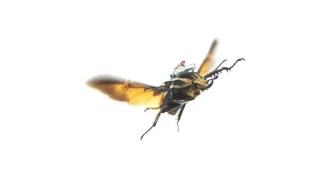 Life
LifeCyborg beetles reveal secrets of insect flight
Remote controlled beetles swoop to the rescue in insect flight simulations.
-
 Computing
ComputingConcerns about drones, how to hunt exoplanets and more reader feedback
Readers discuss the potential impacts of human-made fliers and muse about the advantages a poker-playing computer program has over human opponents.
-
 Computing
ComputingArtificial intelligence conquers Space Invaders, Pong, Q*bert
With a single algorithm, a computer can learn dozens of classic video games, researchers from Google DeepMind in London report.
-
 Tech
TechFacebook detects signs of postpartum depression
An analysis of Facebook activity can identify new moms with postpartum depression.
-
 Materials Science
Materials ScienceOld chemistry gives jolt to modern batteries
Chemical reactions discovered in the 19th century improve the performance of futuristic batteries.
-
 Health & Medicine
Health & MedicineHandheld device turns smartphone into diagnostic tool
A compact device can process a blood sample to diagnose HIV or syphilis when attached to a smartphone.
By Nathan Seppa -
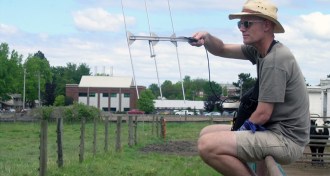 Life
LifeFast and furious: The real lives of swallows
In the fields of Oregon, scientists learn flight tricks from swallows.
By Nsikan Akpan -
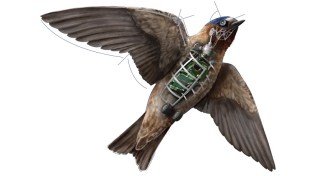 Life
LifeFlying animals can teach drones a thing or two
Scientists have turned to Mother Nature’s most adept aerial acrobats — birds, bees, bats and other animals — to inspire their designs for self-directed drones.
By Nsikan Akpan -
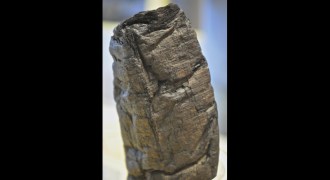 Archaeology
ArchaeologyScrolls preserved in Vesuvius eruption read with X-rays
A technique called X-ray phase contrast tomography allowed scientists to read burnt scrolls from a library destroyed by the 79 A.D. eruption of Vesuvius.
-
 Tech
TechUsing Facebook ‘likes,’ computer pegs people’s personalities
Using limited data from Facebook, computers can outdo humans in assessing a user’s openness, neuroticism and other personality traits.
-
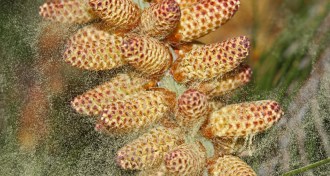 Health & Medicine
Health & MedicineAllergy-related Google searches follow pollen season ups and downs
Google search queries could help researchers track pollen seasons in areas without pollen-monitoring stations.
-
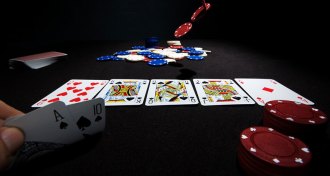 Computing
ComputingNew computer algorithm plays poker almost perfectly
An algorithm optimized to play heads-up limit Texas Hold’em poker will never lose in the long run against any opponent.
By Andrew Grant